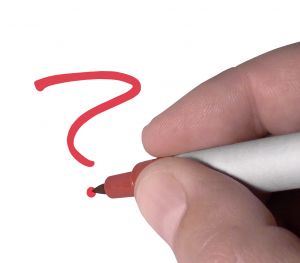|
English as a Second Language Writing Grammar Audio Stories Communication Podcasts Academic Writing and More! |
ESL Podcasts |
|
|
|
||
|
Visit Our Free Library: MP3 Audio Stories, Activities, How To's, Grammar Lessons and Grammar Exercises, Listening Comprehension, Essays, American Culture |
||
|
|
||
|
Would you like to try some of the lessons in
Our Library? Do You Have A Comment or Question for us? Do you have an idea for a future podcast or lesson? Click HERE. You may see your question and our answer on our blog! VOCABULARY
Are You Looking
for |
Part 1 First question: What looks like a verb but is
a noun? Or, in a linguist's language, what has the structure of a verb
but the grammatical function of a noun? I like fishing, too. An infinitive phrase is also a noun, and it has the " to + base form of the verb" structure. Then I get ready to eat breakfast. Part 2 Gerunds and infinitive phrases can exist in
several positions in a sentence . They can exist as
the subject of the sentence: Skiing is the best way for me to relax. To finally have my dream come true was a wonderful experience. Gerunds and infinitive phrases can also exist as the object of the verb: When they went fishing that afternoon, he had to slow down and (to) have patience. We go dancing or go someplace special
to eat.
Gerunds and infinitive phrases can be so confusing.
Somebody learning English can easily wonder whether in a particular
sentence he should use a gerund or an infinitive phrase. He was so upset and he couldn’t stop ________________
about what to do. Write your response in the box below. If you answered worrying, you are correct!
And as we say every week,
we are looking forward to you visiting us next week.
Music Copyright,
permission of Luca De Bernardi |
Please
donate to help keep more great
ESL grammar and communication lessons coming your way.
Subscribe to Our Feed |
|
All content copyright 2006-2008 Software for Students |
||
|
|
||

 Welcome to
Welcome to

 We try to vary the activities we present you with, and today, because
we've had a recent request to discuss grammer, we're going to talk about
gerunds and infinitive phrases.
We try to vary the activities we present you with, and today, because
we've had a recent request to discuss grammer, we're going to talk about
gerunds and infinitive phrases.